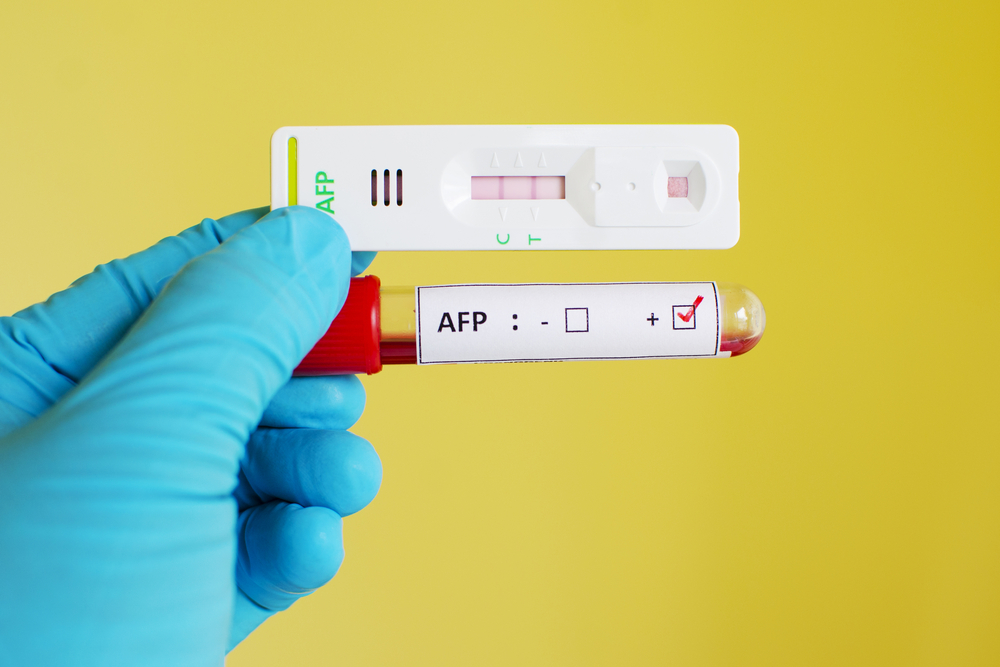SYMPTOMS
Why Do You Need An Alpha-fetoprotein Blood Test?
The AFP test is a normal assessment offered to pregnant women during their 14th and 22nd weeks. The testing is normally a part of the quad screen that examines the level of your:
Furthermore, specialists will utilize your quad screen results, your age, and your identity to help decide if there’s a possibility that your unborn infant has a hereditary birth defect. Defects distinguished by this sort of screening can incorporate neural tube defects, for example, spina bifida, and chromosomal anomalies, like Down syndrome.
The AFP results will assist your physician in deciding whether you need another set of tests for these conditions. If the result turns out positive, it doesn’t necessarily mean that the baby will develop any birth conditions or complications.
Who Is At Risk?
The Alpha-fetoprotein blood test is very essential for those pregnant mothers who are at high risk of developing children with birth conditions, including the following:
- 35 years old or older women
- Diabetic mothers
- Have a history of birth conditions or defects running in the family
- Women who are taking any medications while pregnant.
For non- pregnant women, AFP can help recognize and observe some complications, like hepatitis, cirrhosis, liver cancer, and other liver problems. Also, cancer in the ovary, stomach, biliary tract, pancreas, and testes can be detected through this test.


